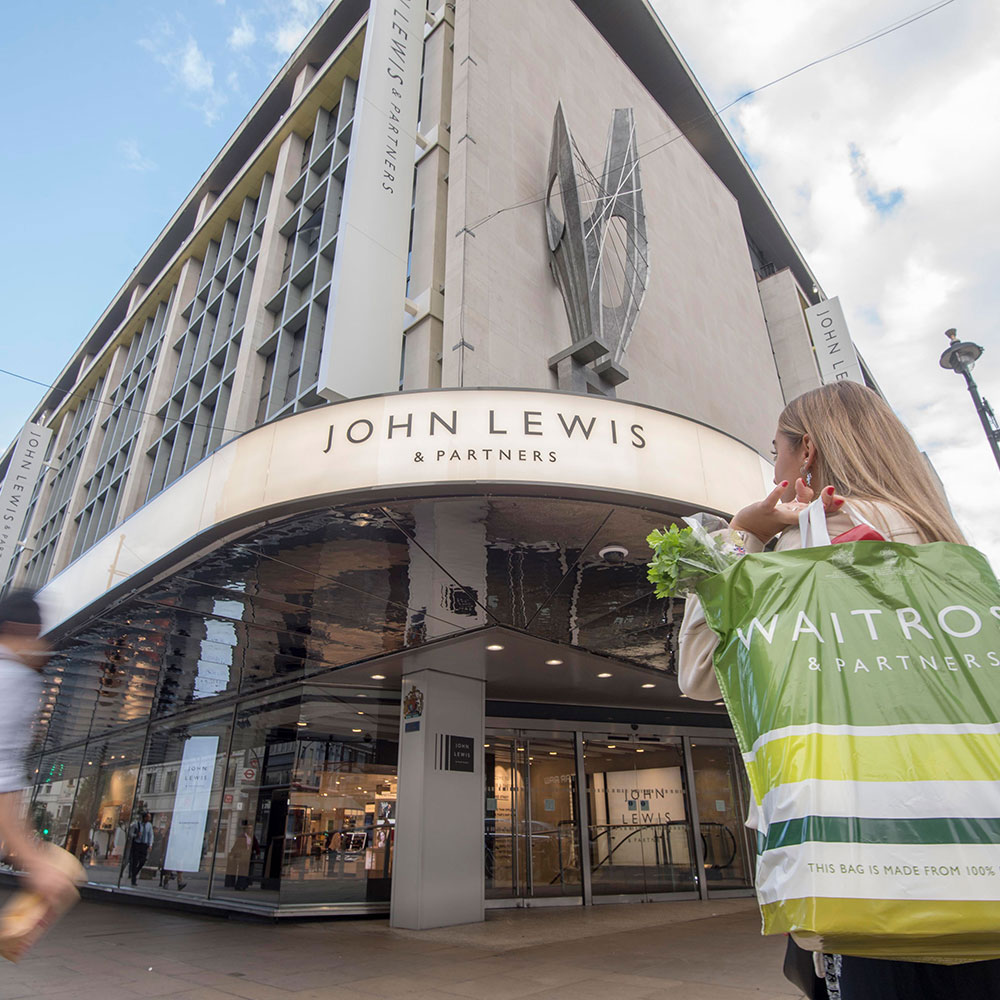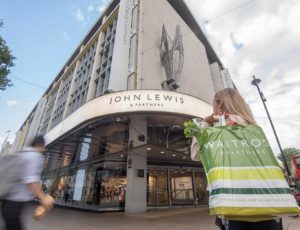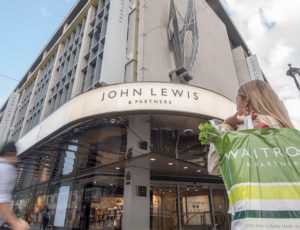
The John Lewis Partnership has temporarily closed all 50 of its John Lewis shops as a result of the impact of coronavirus. Johnlewis.com will continue to operate as normal, alongside Waitrose shops and waitrose.com.
Commenting is chairman, Sharon White. “The welfare of our customers, communities and Partners is always our absolute priority. While it is with a heavy heart that we temporarily close our John Lewis shops, our Partners will, where possible, be taking on important roles in supporting their fellow Partners; providing critical services in Waitrose shops and ensuring our customers can get what they need through johnlewis.com, which is seeing extremely strong demand.
“The Partnership has traded for over 155 years, during which time we have faced many difficult periods, including two world wars and the 2008 financial crisis. On every occasion, thanks to our customers and Partners, and the long-standing relationships with our suppliers and stakeholders, we have emerged stronger. We all need to continue to support each other and our strength and resilience will be tested. But they will not be broken.
“I also want to give my personal thanks to every single Partner for their extraordinary efforts, I am truly grateful. And to the wider community for pulling together with us during such unprecedented times.”
The closures mark the first time the business will not open its doors for customers in its 155-year history.
The Partnership’s financial strategy will now focus on improving financial strength and flexibility and managing cash and liquidity tightly. The government’s decision to introduce a business rates holiday will save the Partnership around £160m over the next 12 months. In addition, VAT and wages support is welcomed.
The business has reduced its total net debts by more than £1bn over the past five years. It has also doubled its level of liquidity over the same period. It currently has approximately £1.5bn of liquidity, consisting of over £950m cash and £500m of undrawn committed credit facilities.
The Partnership will continue to take further steps to protect its liquidity as far as possible by reducing expenditure. For instance, reducing its capital and investment expenditure through postponing or pausing projects; deferring or cancelling discretionary spend; and also reducing the supply pipeline in general merchandise to reflect the impact of the temporary shop closures.













